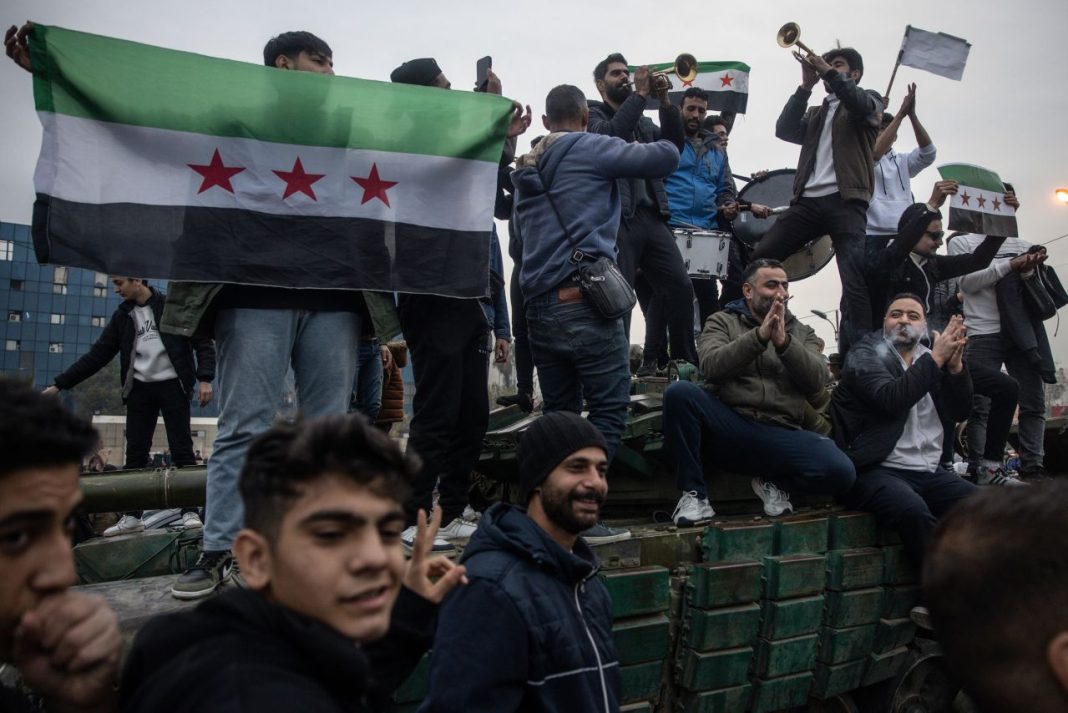“We stand ready to support a transition process … that leads to credible, inclusive, and non-sectarian governance that ensures respect for the rule of law, universal human rights, including women’s rights, the protection of all Syrians,” the statement said.
“The G7 will work with and fully support a future Syrian government that abides by those standards and results from that process,” it added.
The leaders also called on “all parties” to “preserve Syria’s territorial integrity and national unity, and respect its independence and sovereignty”.
The UN announced on Wednesday that Syria’s transitional government must be more inclusive, emphasising the need to bring in different parties and communities to avoid new civil strife.
“My biggest concern is that the transition will create new contradictions in the manner that could lead to new civil strife and potentially a new civil war,” the UN’s envoy to Syria, Geir Pedersen stated.
Fighters in Syria who toppled President Bashar al-Assad, have appointed Mohammed al-Bashir as the country’s caretaker prime minister.
The new interim prime minister stated he aimed to bring back millions of Syrian refugees, create unity and provide basic services, but rebuilding would be daunting.
“We have no foreign currency and as for loans and bonds, we are still collecting data,” said al-Bashir, who headed a HTS-led administration in Idlib before the lightning offensive swept into Damascus and toppled al-Assad.
He stated that the full appointees of the interim government will be announced within days.
He explained that most government employees have returned to work and reiterated that the door was open for those to join the interim government, except, he said, those who were involved in “the blood of the people” would not be welcomed back.
Starting next week, schools and universities will reopen, he added.
According to Hayat Tahrir al-Sham (HTS), the current transitional government is set to rule until March 2025.
Militants waged a surprise two-pronged attack on Syria’s Aleppo and the countryside around Idlib on November 27.
Soon afterward, they seized control of several major Syrian cities, including Hama, Homs, Dara’a, and Suwayda, before entering the capital Damascus.
On Sunday, armed groups, led by HTS militants, announced that they had fully captured Damascus, and confirmed reports of the fall of Assad’s government.
